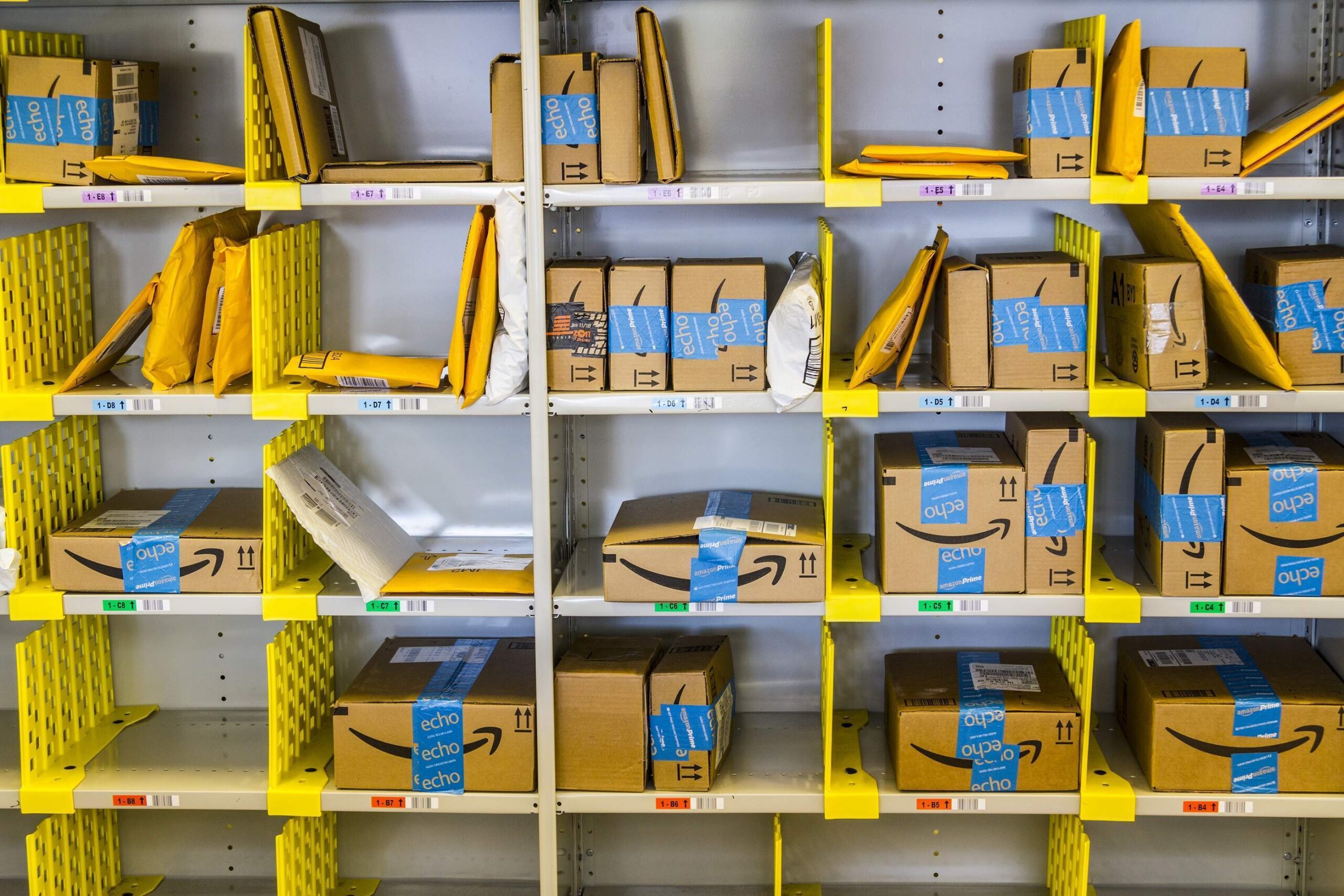
Apple, Google and Starbucks have all hit the headlines for not paying substantial amounts of tax.
One way to prevent this worldwide could be to implement a cooperative, international tax system.
A new study which surveyed residents of G20 countries on their views of tax found that the majority of those surveyed believes that it is important for governments to cooperate with one another to create “a more coherent international tax system”.
The new report, which was published by the ACCA (Association of Chartered Certificate Accountants), in conjunction with the IFAC (International Federation of Accountants) and CA ANZ (Chartered Accountants Australia and New Zealand), draws on the views of nearly 8,000 people across the G20 countries.
It was found that 73 percent of those surveyed think governments should work together for an international tax system and that the majority favour cooperation, over competition, when it comes to tax.
One respondent said: “We need a fully integrated and uniform tax system throughout the world to ensure that no one can avoid or evade paying full taxes in any country.”
How well do you really know your competitors?
Access the most comprehensive Company Profiles on the market, powered by GlobalData. Save hours of research. Gain competitive edge.

Thank you!
Your download email will arrive shortly
Not ready to buy yet? Download a free sample
We are confident about the unique quality of our Company Profiles. However, we want you to make the most beneficial decision for your business, so we offer a free sample that you can download by submitting the below form
By GlobalDataEfforts have been made in recent years to tackle tax evasion, particularly when it is done by big corporations, yet it still persists. Last week it was reported that Apple paid no tax in New Zealand for at least 10 years. Instead, Apple NZ’s parent company is registered in Australia and the two countries have a treaty where tax is only paid in one jurisdiction.
Residents in Australia, Canada, Germany, Japan, the US and UK viewed tax minimisation as inappropriate for high-income earners and multinational companies (MNCs).
Overall, though, 15 percent of respondents said it was appropriate for MNCs, like Starbucks and Amazon, to arrange their fairs in order to minimise the effects of taxes.
Russell Guthrie, executive director of external affairs at IFAC, said:
“The results of the survey indicated that in English-speaking countries of the G20, there was scepticism around tax minimisation.
“Respondents in Australia, Canada, the US and the UK tend to think that high income earners and multinational companies are not paying enough tax.”
Unsurprisingly, people in G20 countries have become deeply distrustful of politicians when it comes to the tax system. Around 67 percent of respondents said they were either distrusting or highly distrusting of politicians. Instead, professional accounts were the most trusted, with people also citing professional tax lawyers as trustworthy.
Guthrie believes governments need to work to rebuild public trust in tax systems. This is something the UK government should keep in mind, particularly during the EU Brexit negotiations.
Chas Roy-Chowdhury, head of tax at ACCA, said:
“In the wake of Brexit, it is clear that the UK government will need to balance national interests with the global ‘big picture’ in future policymaking.
“The findings of this survey will be a useful resource in gauging global and local sentiment around tax policy.”







